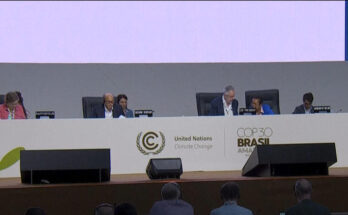It was 1988 when the Center for Family Studies and Research of the Catholic University of Milan published “Long families of young adults”, drawing attention to a phenomenon that had been of interest to psychologists and sociologists for some time: the expansion of transition between adolescence and adulthood.
The “young adult” phase of life can only be partially explained by job uncertaintystudy extension and overuse house costs. On the contrary, speaking of “long families” allows us to reinterpret the phenomenon by identifying times of extended families, in which different generations live side by side with each other. In our country, the transition is slower: people often leave their parental home over thirty years oldslower than elsewhere. In Northern Europe, the younger generation is gaining support from a more generous welfare systemthey left home as minors. In our country, the postponement of autonomy also impacts marriage and parenthood, which has a direct impact on demographic decline.
Generational inequality
Extended stay in the family results generational inequality which marks our well-being, where coexistence between parents and adult children has become a natural goal. The first group of people enjoys greater income and protection, while the second group of people remains dependent on this sector for a long period of time family supportare subject to sanctions from public policies that pay little attention to the younger generation. The phrase “big kids”, coined in 2007 by Tommaso Padoa-Schioppa, then Minister of the Economy, although unhappy, reflects the cultural core of a system in which we restrain ourselves and allow ourselves to be held captive: children who struggle to free themselves and parents who are afraid to see them live worse than they live. From recent research, the eloquent “I’m fine like this” emerged, a sign of how much autonomy has reached exorbitant prices, resulting in demands for simpler living standards, an unstable job market, and expensive housing costs.
Behind is the model intergenerational solidarityanything but negative value and indeed a typical resource of our country. The strength of family ties ultimately legitimizes the withdrawal of welfare from a society that relies on the family as a social safety net.
Risk of immobility
However, solidarity ultimately does not encourage passing the baton if it does not support autonomy. Economic constraints and cultural models have turned family nests into permanent refuges, posing protection risks immobility. We need policies that support families, not depend on them: housing, jobs and services that accompany young people into adulthood, without forcing them to choose. between security and freedom. In this way, intergenerational solidarity will be able to once again become the engine of the future, not the burden of the present, reactivating the desire for generativity that is currently difficult to translate into concrete choices.



